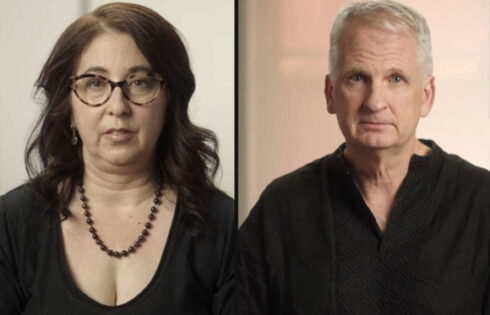 After more than four decades, Yale University has lifted its ban on ROTC.
After more than four decades, Yale University has lifted its ban on ROTC.
Thursday, a majority of Yale faculty voted to strike four resolutions passed in the late 1960s which effectively banned ROTC. Two of the resolutions concern academic credit for ROTC courses (a sticking point at many elite universities because ROTC courses are governed by a third party, the Department of Defense); the other two resolutions concern financial matters.
“We want to be sure that students who seek an elite education and want to be able to participate in ROTC recognize that they can do both those things here,” Dean Mary Miller told the Yale Daily News.
Prior to the vote to repeal Don’t Ask, Don’t Tell, Yale surveyed undergraduates about their support for ROTC. Almost 70 percent supported the establishment of an ROTC unit on campus. Nearly 300 respondents who are not in ROTC expressed interested in participating in the program, and almost 100 said they would consider joining ROTC if a unit were established at Yale.
The last two weeks have been big ones for ROTC at elite schools.
Columbia University announced April 22 that, after a four decade absence, ROTC will be recognized on its campus. The university reached a formal agreement with Naval ROTC and will reinstate program at the school. Stanford also lifted their ban on the program that week.
Prior to the repeal of Don’t Ask, Don’t Tell, four Ivies (Harvard, Yale, Columbia, Brown) and Stanford were among the handful of elite universities that did not recognize ROTC either as an academic program or as a student organization. Harvard became the first of the schools to lift their ban on the program in March; the school has also entered into an agreement with Naval ROTC.
Like The College Fix on Facebook / Follow us on Twitter





Please join the conversation about our stories on Facebook, Twitter, Instagram, Reddit, MeWe, Rumble, Gab, Minds and Gettr.